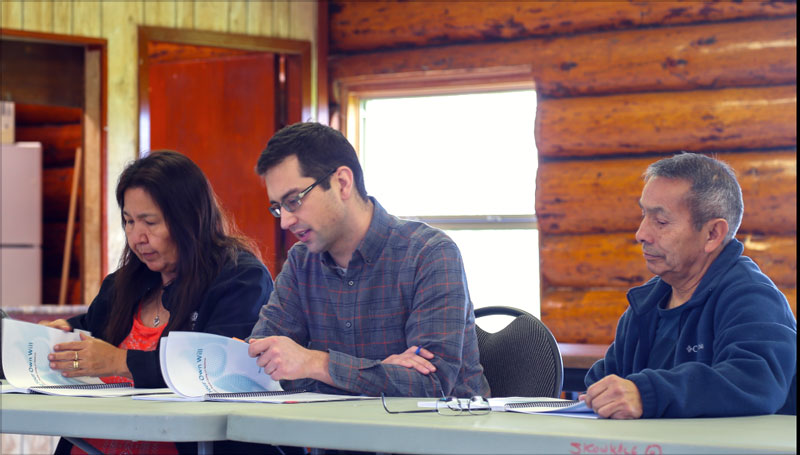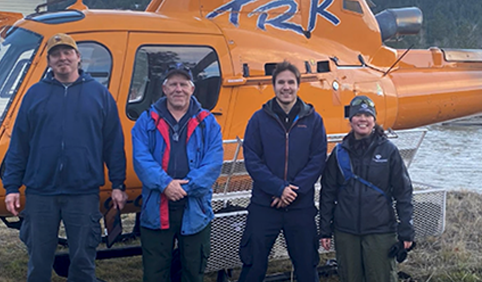Learn about Truth and Reconciliation
Learn about the impact of the residential school system, the experiences of former students and the 94 calls to action made by the Truth and Reconciliation Commission in its final report.
Lived experiences
Listening to and learning from the lived experiences of First Nations, Inuit and Métis in Canada is essential to advancing reconciliation. Hear firsthand from community members and leaders what reconciliation means to them.
Moving forward on reconciliation
We are working in partnership with Indigenous Peoples to address past harms, support strong and healthy communities, and advance self-determination and prosperity.
Addressing past harms and healing
Supporting First Nations, Inuit and Métis communities searching for the truth about the legacy and ongoing impacts of
- Truth and Reconciliation Calls to Action
- Residential schools
- Children, youth and families
- MMIWG action plan
- Specific claims
Strong and healthy communities
Working with First Nations, Inuit and Métis Peoples to improve essential services and infrastructure, including
- Clean drinking water
- Safe housing
- Health and mental wellness
- Emergency management
- Natural resources
- Addressing climate change
Advancing self-determination
Building and maintaining relationships based on respect, partnership and recognition of rights
- UN Declaration on the rights of Indigenous Peoples Act
- Treaties, agreement and negotiations
- Indigenous languages
- Economic reconciliation
- Education
Anniversary of the Papal Apology for Residential Schools in Canada
In July 2022, His Holiness Pope Francis visited Alberta, Nunavut and Québec, where he recognized the abuses of First Nations, Inuit, and Métis children at residential schools across Canada, and the inter-generational trauma and impacts these continue to have on Indigenous culture, language, and identity.
To learn what this apology means to Indigenous Peoples, consult Papal apology for residential schools in Canada.





